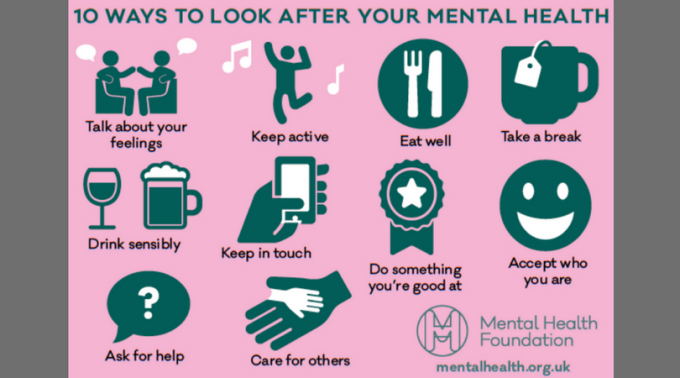Carers need care too | 10 tips for self care for carers
Published: 15 May 2018 | Updated: 18 August 2023 |

The very nature of caring means that the welfare of the cared-for person is foremost in the carers mind, leaving very little room for thoughts of self-care.
Sadly, many carers feel a sense of guilt for taking time to look after themselves and as a result, this is often overlooked in their routine. Over time, this can have a devastating impact on their physical and mental health, diminishing their ability to care for their loved ones.
Our research has already highlighted the stresses associated with the caregiving role, as well as the concerns of carers who get no respite and have little access to support. It is precisely because of such lack of alternative options that carers must make sure they are able to sustain the care they are giving, and this requires self-compassion and self-care so that they can maintain good health.
10 characteristics of good self-care for carers
- A personal daily hygiene routine – a signal to the body and mind that they are cared for too
- A healthy diet with no missed meals – this helps avoid chronic fatigue and malnutrition
- Adequate hydration – focusing on this need sends a kind message to the body and avoids dehydration
- Exercise – if the carer can take a break or ask for support for only 10 minutes in a day, a tranquil yet brisk walk can be a tonic.
- Contact with everyday social circles – no matter how brief the contact, it should be maintained wherever possible. News of what’s going on outside can balance home and social life
- Conversation – if people don’t understand the difficulties a carer is experiencing, they won’t offer to help. But if they do understand, they might offer assistance
- Contact with other carers – our carer groups offer a support network which is a great release for pent up emotions and concerns
- Emotional support – carers need to know that it is entirely appropriate to talk to a doctor, or other professional, about any sense of depression or desperation, and that asking for help is not a sign of weakness
- Change of environment – where possible, short trips for both carer and cared-for are beneficial. Where even an hour’s respite is possible, a carer can visit a friend, go for a walk, or simply sit and relax in a different environment
- Plenty of sleep – evenings may be a good time to catch up on everything the day has left undone, but a culmination of late nights leads to chronic fatigue.
Especially for carers who suffer from a sense of guilt, it is important to understand that self-care is not a personal indulgence, rather, it is vital to the role that they play.
To help provide the emotional and physical respite that carers need you can donate to our work in India, Nepal or Bangladesh.